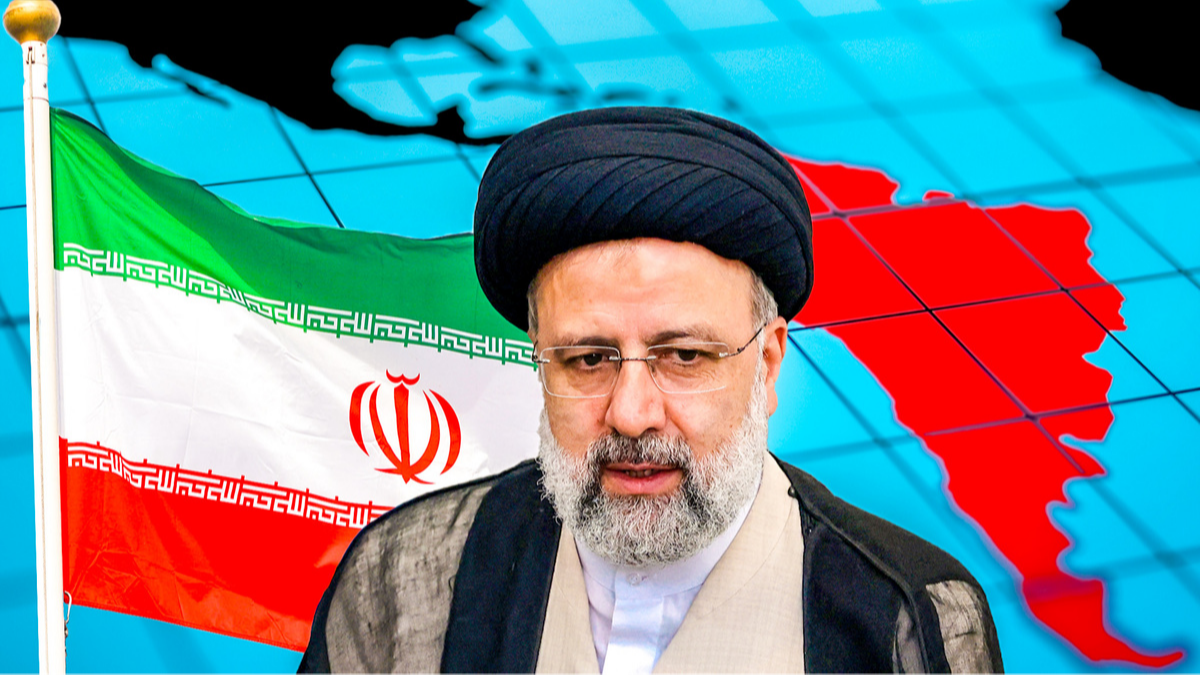
Raisi's visit reaffirms Tehran's interest in expanding ties with Latin America and the Caribbean. (Photo:The New Arab)
By Roberto Morejon
Iranian President Ebrahim Raisi's first two stops in Latin America and the Caribbean brought important agreements for the Persian country, Venezuela and Nicaragua, focusing on economy, technology and science.
Iran seeks mutually advantageous cooperation with the subcontinent, with respect for the independence and sovereignty of each State, although third parties attribute perverse purposes to it.
Despite the sanctions against it, mainly by the United States, Iran is an advanced country in the technological sphere.
This is thanks to the fact that the pressure from abroad has encouraged its people to overcome the limitations.
In a permanence described by both governments as historic, the Iranian president and his Venezuelan counterpart, Nicolás Maduro, signed decisive agreements.
The areas of cooperation are profuse as they include energy, mining, construction of oil distilleries and power plants, communication equipment, production and assembly of vehicles and tractors.
There is no reason to denigrate the 25 agreements signed between Caracas and Tehran, since they are aligned towards the development of Venezuela and the provision of financial resources to the Central Asian country.
After confirming that the bilateral trade exchange will reach 10 billion dollars per year, the visitor went to Nicaragua, where he welcomed a popular reception.
The Head of State Ebrahim Raisi met in Managua with his counterpart Daniel Ortega and both called for deepening relations in the economic, political, cultural and other fields.
The detail highlighted by Ortega on the coincidence of the triumph of the Islamic revolution and the Sandinista process in 1979 was noteworthy.
A historical coexistence that serves as a springboard to work in mutually beneficial fields, in the civil sphere with a peaceful character.
President Raisi's visits to Venezuela and Nicaragua should not be interpreted as an action against third parties, but as a reaffirmation of Tehran's interest in expanding ties with Latin America and the Caribbean.
US State Department spokesman John Kirby was not right in calling the visit "destabilizing".
Venezuelans, for example, do not believe in the ghosts raised by Kirby and highlighted President Raisi's expression: "We have been together with the Venezuelan people in difficult days, and we will stay together".

